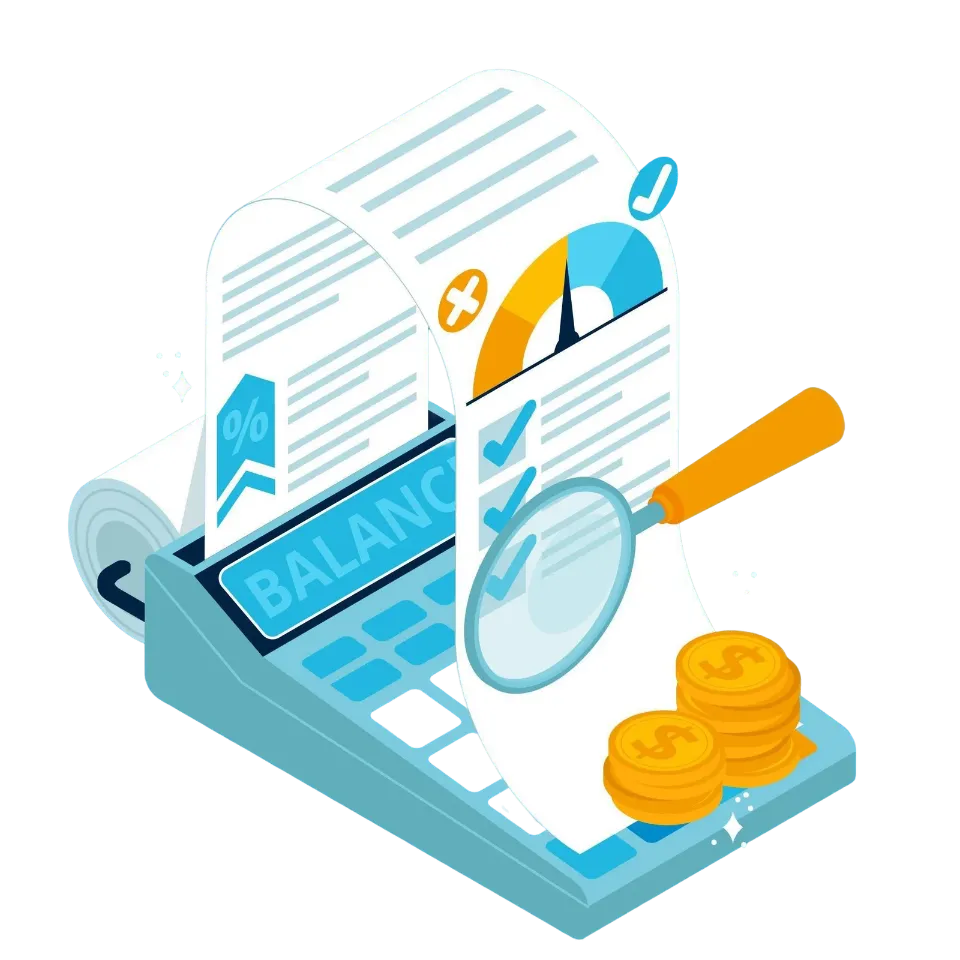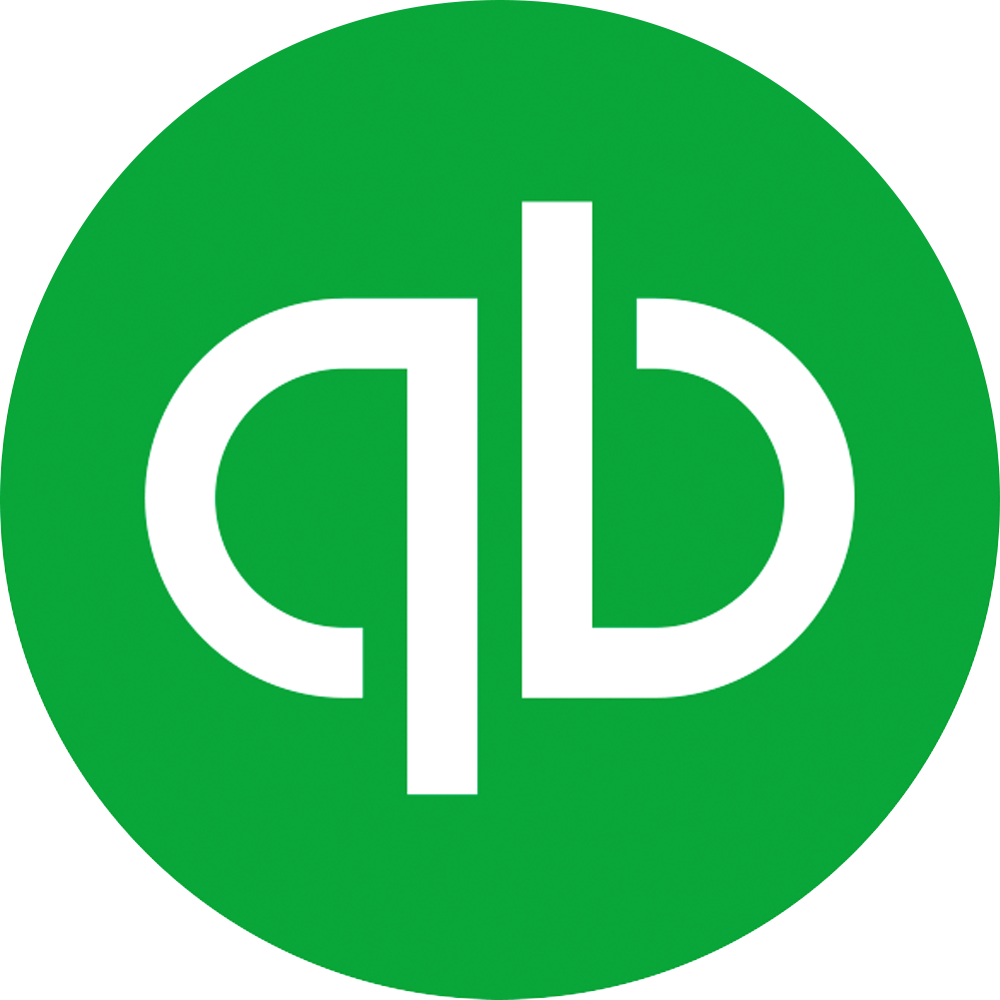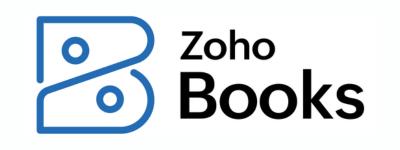Top Accounting Tools for Smarter Growth

Smart Accounting Tools for Fractionals and Solopreneurs
Running a business as a Fractional CMO, consultant, or solopreneur means juggling many responsibilities. One of the most important—yet often the most overwhelming—is financial management. From sending invoices to paying contractors and preparing for tax season, staying organized financially can make or break your growth. That’s where the right accounting tools come in.
Accounting software has come a long way in the past decade. Today’s solutions are cloud-based, easy to use, and designed with small business owners and service providers in mind. With the right setup, you can save hours of manual work, reduce errors, and gain real clarity about your financial health. Below, we’ll explore why accounting tools matter, the features you should look for, and the best platforms available for Fractionals and solopreneurs.

Why Accounting Tools Matters
Want 1:1 financial guidance as you scale?
Uprise gives Fractionals access to dedicated financial planning, business accounting support, and a modern dashboard to track everything.
🎁 Use code HEYCMO20 for 20% off services.
Top Accounting Platforms for Fractional and Solopreneurs

QuickBooks Online
Best for: All-in-one financial management, A comprehensive solution trusted by millions of small business owners and consultants
- Create and send invoices, track expenses, and reconcile accounts
- Generate reports including profit and loss, balance sheet, and cash flow
- Integrate with Stripe, PayPal, Gusto, and hundreds of tools
- Ideal for managing monthly retainers, time-based billing, or project work

Zoho Books
Best for: automation and workflow integration A powerful and affordable tool built for tech-savvy service providers
- Automate recurring invoices, follow-ups, and payment reminders
- Set up approval workflows, client portals, and custom reports
- Track project expenses and billable hours with ease
- Integrates with the Zoho ecosystem and other platforms like Zapier

FreshBooks
Best for simple, client-friendly billing, an easy-to-use platform designed for service-based professionals and freelancers
- Send polished, branded invoices and proposals
- Track time, manage expenses, and monitor project profitability
- Allow clients and collaborators access with clear permissions
- Clean interface with excellent customer support and mobile access
Need more than software?
Lettuce offers done-for-you LLC setup and back-office support, so you can focus on serving clients, while they handle the paperwork, compliance, taxes and accounting efforts behind the scenes.
What You’ll Need to Get Started
-
Business details (company name, banking info, and tax ID)
-
Active clients, billing schedules, and deliverables
-
Preferred payment methods (Stripe, PayPal, or bank transfer)
-
List of recurring software expenses (tools, contractors, or subscriptions)

How to Choose the Right Accounting Tools

-
Business model fit Choose a platform that supports your billing style, whether it’s project-based, retainer-driven, or hourly1
-
Ease of use Look for software with a clear dashboard and an intuitive user experience2
-
Automation features Recurring invoices, payment reminders, and expense categorization should be effortless3
-
Scalability and support Pick a solution that grows with your client base and offers reliable help when needed4


